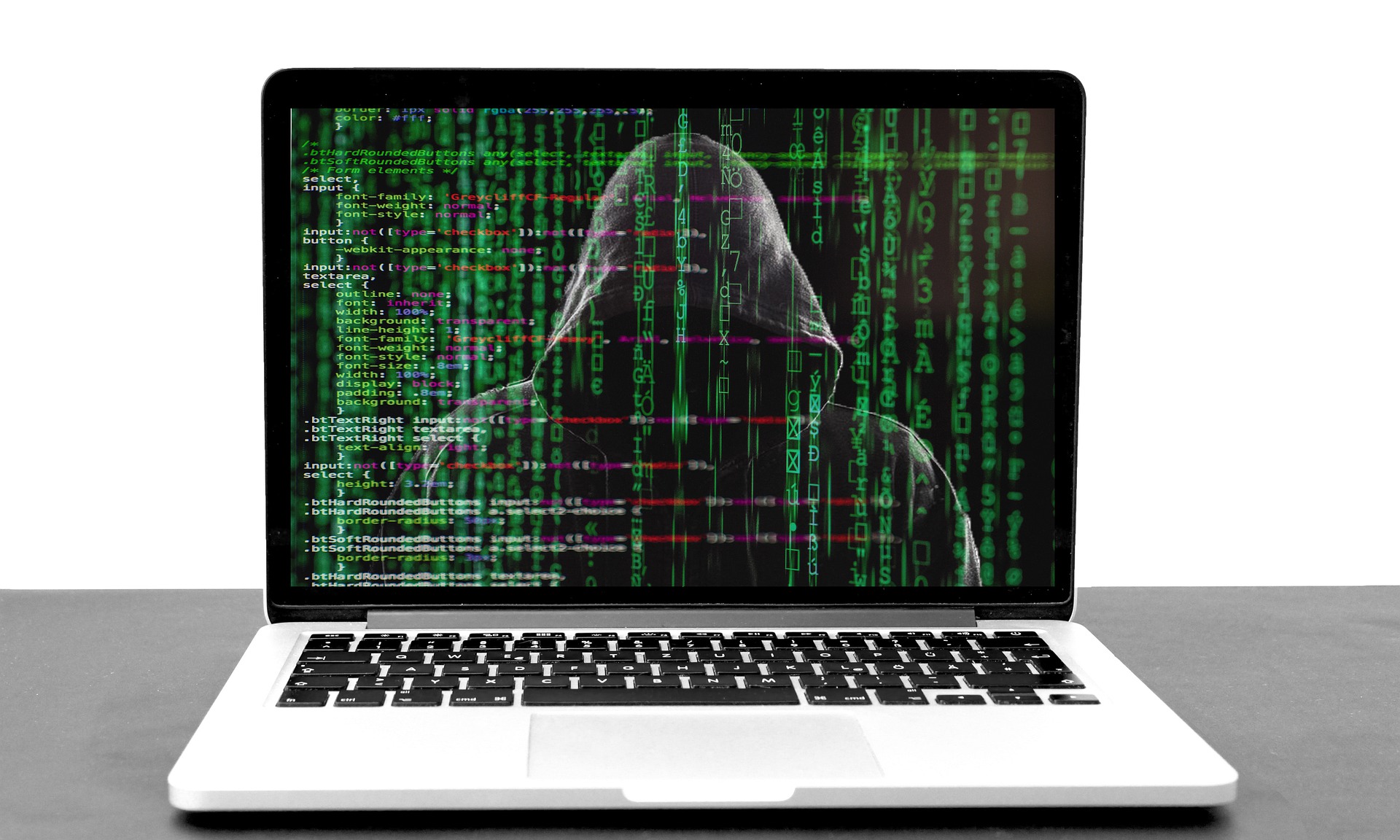Security researchers have found a fake Windows 11 upgrade website that promises to offer a free Windows 11 install for PCs that don’t meet the minimum specifications, but actually installs data-stealing malware.
Windows 11 has some… interesting… requirements to run, and its most famous demand is for Trusted Platform Module (TPM) version 2.0 support. This has led to perfectly capable, and powerful, PCs and laptops being unable to upgrade to Windows 11, as they did not meet the minimum specifications.
Understandably, this annoyed people with relatively new hardware that couldn’t upgrade to the latest version of Windows, and many looked at ways of circumnavigating the TPM 2.0 requirement to install Windows 11 on their unsupported devices.
It’s these people that this new threat is targeting, as Bleeping Computer reports.
Looking legitimate
While the website’s address (URL) should be a red flag (we won't mention it here), as it’s clearly not a Microsoft website, the actual website itself does look like it’s an official Microsoft website, using logos and artwork that makes it difficult to tell it apart from a real Microsoft page.
However, as security researchers CloudSEK discovered by clicking the ‘Download now’ button, the website downloads an ISO file that contains malware.
This malware, called ‘Inno Stealer’, uses a part of the Windows installer to create temporary files on an infected PC. These create processes that run and place four additional files on your PC, some of which contain scripts that disable various security features, including in the Windows registry. They also tweak the built-in Windows Defender anti-virus, and remove other security products from Emisoft and ESET.
Other files then run commands at the highest system privileges, while yet another file is created in the C:\Users\\AppData\Roaming\Windows11InstallationAssistant folder, and it’s this file that contains the data-stealing code, named Windows11InstallationAssistant.scr. This then takes information from web browsers, as well as cryptocurrency wallets, stored passwords and files from the PC itself. This stolen data is then sent to the malicious users who created the malware.
Pretty nasty stuff.
Analysis: Be careful what you wish for

The scale of the infection here, and what it’s able to steal from you, is very scary, but the good news is that it’s easy to avoid.
No matter how desperate you are to install Windows 11, you should only download ISO files from sources you are absolutely certain are legitimate. While the makers of this malware have put in a lot of work to make the website look legitimate (like many so-called ‘phishing’ attacks), there are some tell-tale signs, such as the aforementioned URL, which highlights that this is not a genuine Microsoft website.
If your PC is eligible for a Windows 11 upgrade, you’ll be alerted via Windows Update, a tool that’s built into Windows operating systems. This is the safest way to ensure you are downloading and installing a genuine copy of Windows 11.
If your PC isn’t eligible, due to not meeting the TPM 2.0 requirements, then there are some safer ways to install Windows 11 without TPM anyway. But we don’t really recommend any of them, especially as Microsoft is making it harder to run Windows 11 on unsupported systems, which could mean you miss out on important updates, security fixes and features in the future.
Above all, however, you should never attempt to download and install a Windows 11 ISO file from any website that isn’t run by Microsoft itself.
No comments:
Post a Comment